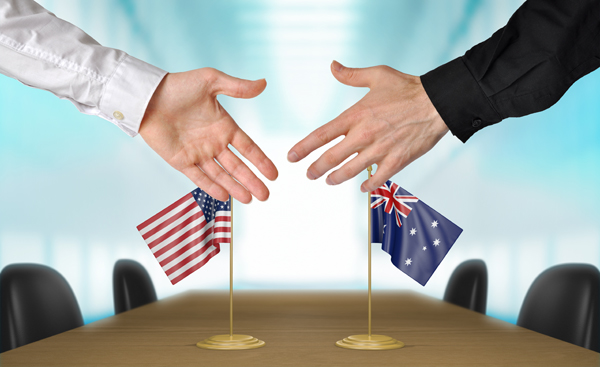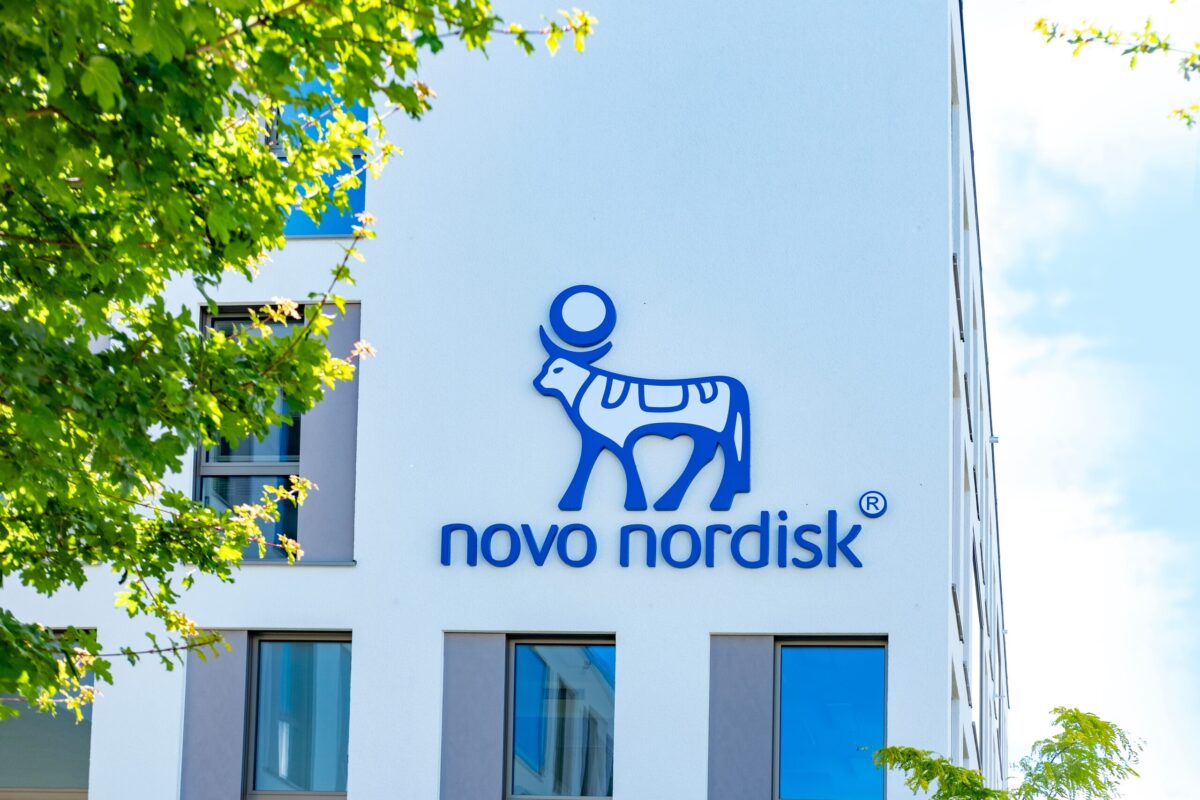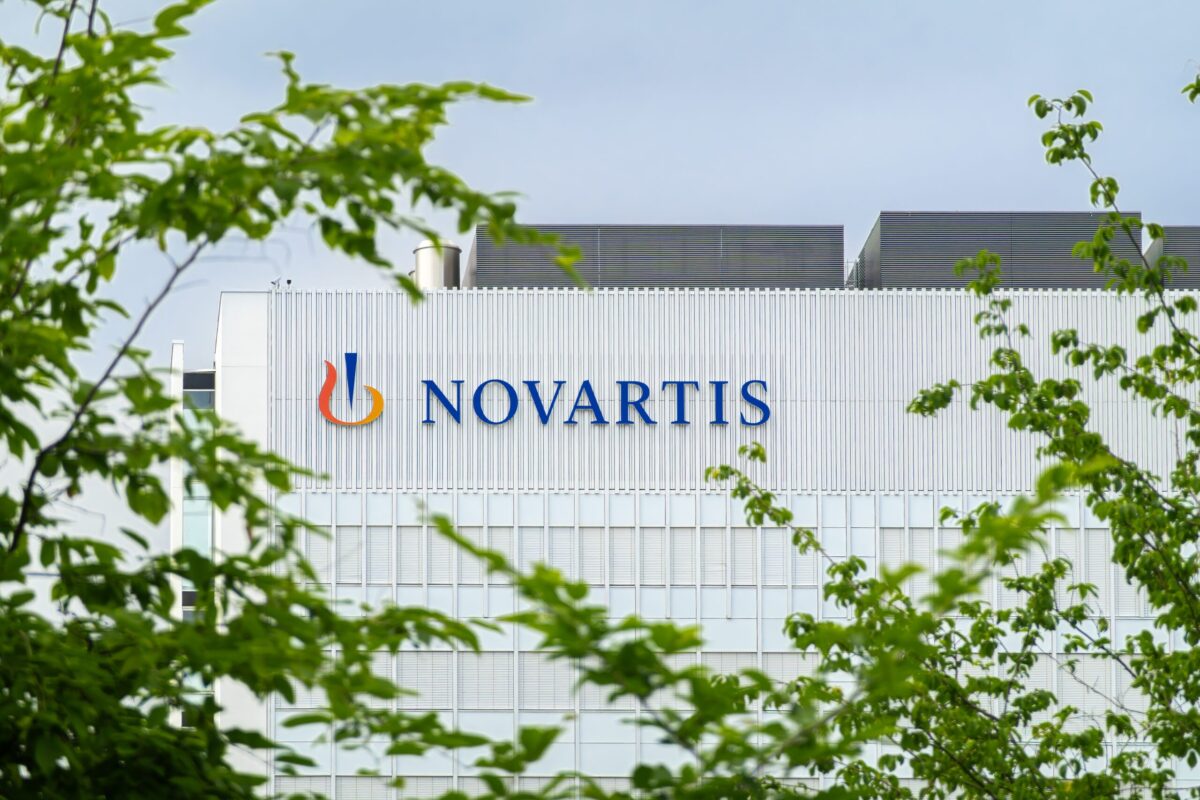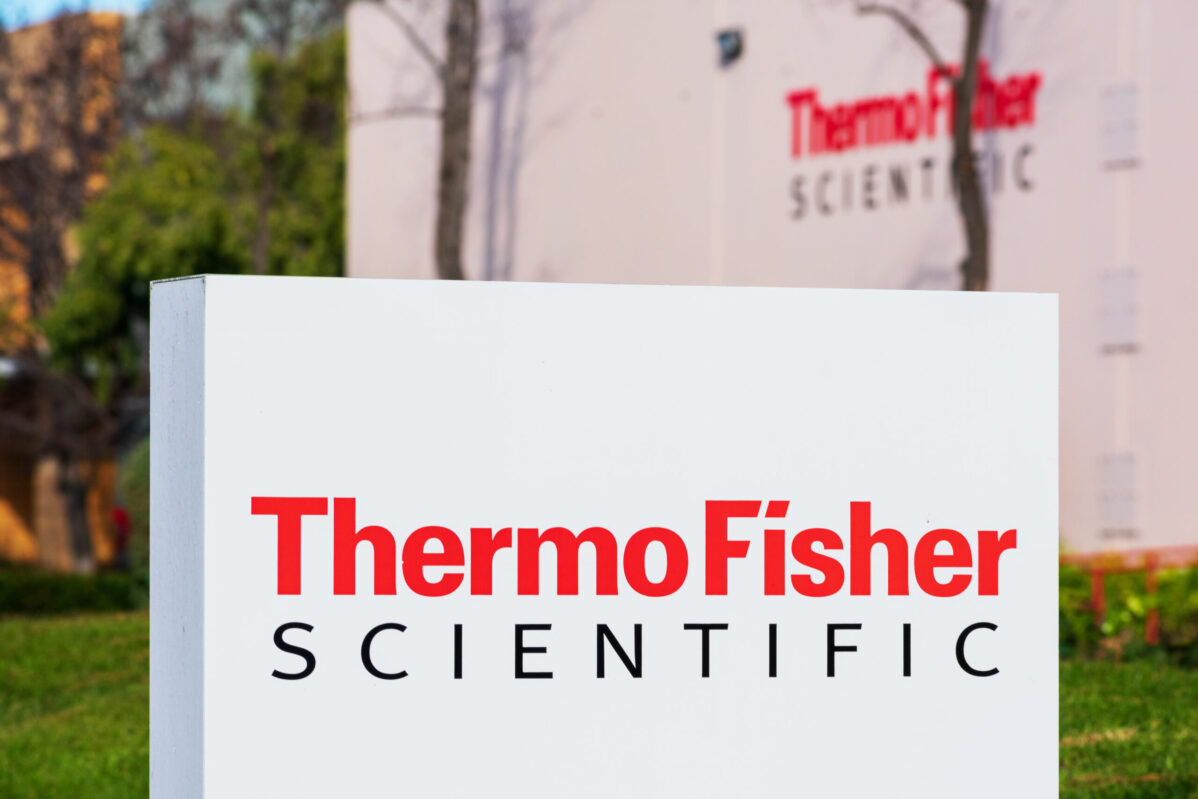After five years of negotiations, the Trans-Pacific Partnership (TPP) talks have now come to a close. Though the US representatives argued in favour of a 12-year patent protection policy – the current term of a drug patent in the country – they faced opposition from the other nations involved in the talks.
With the support of patient-advocacy groups, representatives from New Zealand and Australia stressed the importance of capping biologics patents at 5 years. The issue of patent exclusivity was one of the last hotly-debated issues as the TPP talks drew to a close.
The partnering nations finally settled on a patent exclusivity period between 5 and 8 years – a positive outcome, according to commentators outside the industry. Nations involved in the TPP are said to now have, “an alternative of either providing 8 years of exclusivity to biologic drugs – or providing 5 years of so-called data exclusivity – plus up to three more years under a regulatory framework in the TPP,” said a report produced by the Wall Street Journal.
However, some industry insiders – including US Trade Representative Michael Froman – are less than thrilled with the compromise. According to a statement released by the Biotechnology Industry Association (BIO), “We are very disappointed in reports from Atlanta that suggest Trade Ministers have failed to include 12 years of data exclusivity for biologics in the Trans-Pacific Partnership (TPP) agreement.”
BIO’s sentiments were also shared by the Pharmaceutical Research and Manufacturers of America (PhRMA). Individuals who oppose short-term exclusivity for biologic patents, cite the need for an incentive for pharmaceutical companies to develop new drugs, and have intellectual property protection over their investment.
“While the TPP agreement will not impact the U.S. data protection period, we believe the failure of our Asian-Pacific partners to agree to a similar length of protection is remarkably short-sighted and has the potential to chill global investment and slow development of new breakthrough treatments for suffering patients,” said the statement released by BIO.
The TPP discussed trade regulations in a number of industries – including auto trade and agriculture – and involved 12 countries: Canada, Chile, Brunei, Singapore, New Zealand, Japan, Australia, Malaysia, Peru, Mexico, Vietnam, and the United States.
Sources:
- TPP trade deal reached, BIO & PhRMA unhappy with drug patent compromise – http://www.biopharmadive.com/news/tpp-trade-deal-reached-bio-phrma-unhappy-with-drug-patent-compromise/406758/
- U.S., Australia Agree on Complicated Compromise on Biologic Drugs – http://www.wsj.com/articles/u-s-australia-agree-on-complicated-compromise-on-biologic-drugs-1443988019












Join or login to leave a comment
JOIN LOGIN